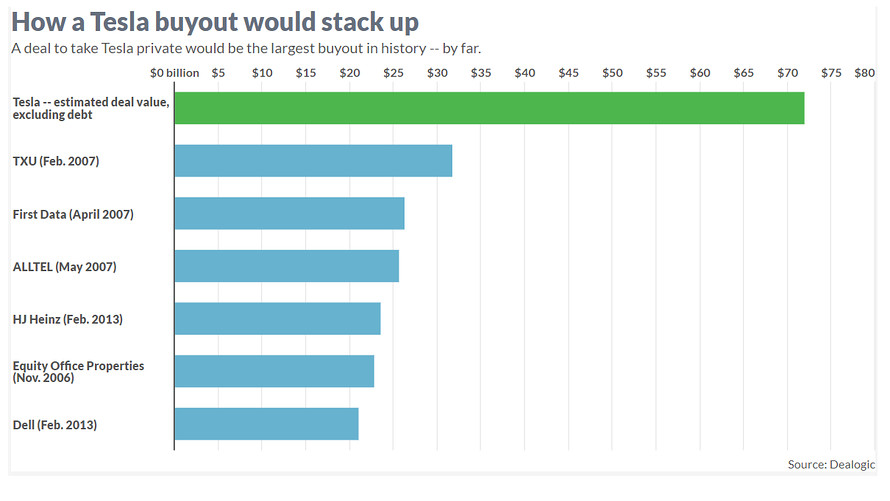(I can't believe it's already August!)
For those of you applying for training contracts for the 31 July deadline, I hope it all went okay!
In the meantime, I thought I'd start writing up some stories for the week. Everyone is welcome to contribute any links/updates of your own if you want to.
Here is the first one:
Japan’s central bank also pledged to keep interest rates “extremely low” for an extended period and to keep buying bonds under its big stimulus programme.
Meanwhile, the UK central bank, the Bank of England, raised interest rates by 0.25% to 0.75%. This is the second time interest rates have risen since 2007 and it’s now at its highest level since the financial crisis.
Impact on businesses and law firms:
The decision to raise interest rates follows faster rises in prices and wages than had been expected. Interest rates have been very low for a long time, and the decision follows a rising inflation rate which is above the target rate of 2%.
Some business groups criticised the decision to raise rates, especially as the UK is still suffering from significant uncertainty over Brexit, which will be a shock to business and consumer confidence on its own.
Rising interest rates could lead to less spending, as businesses and millions of consumers face higher costs on existing loans, and may be hesitant to take out more expensive mortgages and other loans.
But on the other hand, financial markets and investors were well prepared for the decision (which is why the pound didn’t rise by much). Savings banks will do well as consumers save more to take advantage of the higher rates and commercial banks will make more money on their loans.
For those of you applying for training contracts for the 31 July deadline, I hope it all went okay!
In the meantime, I thought I'd start writing up some stories for the week. Everyone is welcome to contribute any links/updates of your own if you want to.
Here is the first one:
Global interest rates
The story: The Federal Reserve kept its interest rate unchanged. It noted that economic activity is rising at a strong rate, with low unemployment rates and strong business spending growth.
Japan’s central bank also pledged to keep interest rates “extremely low” for an extended period and to keep buying bonds under its big stimulus programme.
Meanwhile, the UK central bank, the Bank of England, raised interest rates by 0.25% to 0.75%. This is the second time interest rates have risen since 2007 and it’s now at its highest level since the financial crisis.
Impact on businesses and law firms:
The decision to raise interest rates follows faster rises in prices and wages than had been expected. Interest rates have been very low for a long time, and the decision follows a rising inflation rate which is above the target rate of 2%.
Some business groups criticised the decision to raise rates, especially as the UK is still suffering from significant uncertainty over Brexit, which will be a shock to business and consumer confidence on its own.
Rising interest rates could lead to less spending, as businesses and millions of consumers face higher costs on existing loans, and may be hesitant to take out more expensive mortgages and other loans.
But on the other hand, financial markets and investors were well prepared for the decision (which is why the pound didn’t rise by much). Savings banks will do well as consumers save more to take advantage of the higher rates and commercial banks will make more money on their loans.
Last edited:


